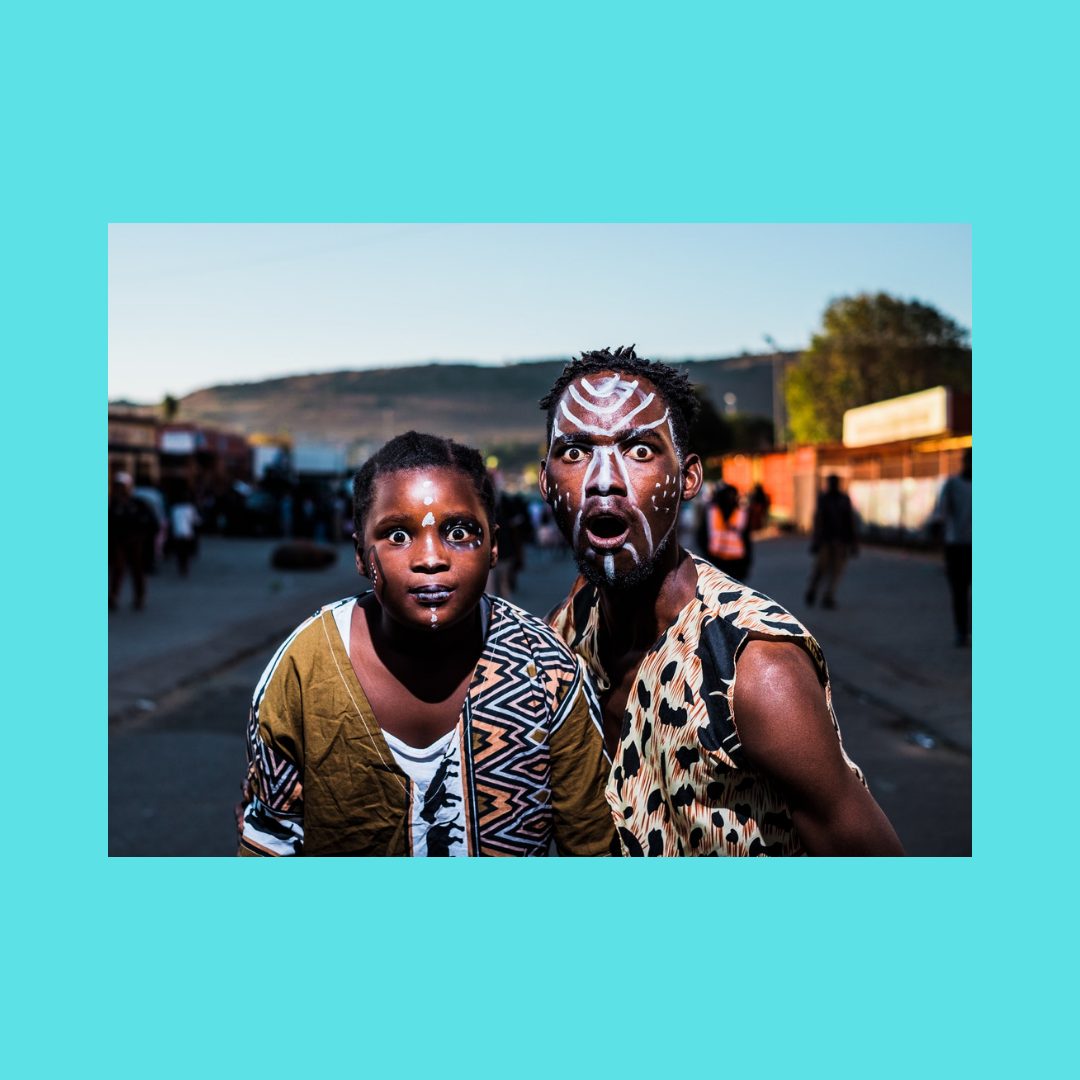Photo by Mpumelelo Macu on Unsplash
Another Africa Day has come and the continent still has much to overcome.
Repression, human rights violations, restrictions on civic space activities and undermining of freedom of expression have marked another year for many Africans.
As we mark Africa Day 2021, on 25 May 2021, here are some things to bear in mind:
- The CIVICUS Monitor 2020 reports that of 49 African countries assessed only two – Cabo Verde and São Tomé and Principe – had civic spaces that could be classified as open;
- According to CIVICUS, of the other 47 countries assessed, “six are rated as closed, 21 as repressed and 14 as obstructed”, while civic space was considered “narrowed in six countries” (including Namibia);
- The CIVICUS Monitor found that the most common civic space violations in Africa were “the detention of journalists (28 countries), followed by protest disruption (over 21 countries), censorship (22 countries), intimidation and the detention of protestors”;
- In its State of Internet Freedom in Africa 2020 report, the Uganda-based Collaboration on International ICT Policy for East and Southern Africa (CIPESA), found that: “Efforts to combat misinformation and disinformation related to Covid-19 had a direct effect on the enjoyment of the rights to freedom of expression and information” in many African countries;
- CIPESA states that: “Several governments enacted vague and overly broad laws and implemented repressive practices that curtailed freedom of expression and restricted access to information through censorship, filtering of content, closure of media houses, threats, arbitrary arrests, illegal detentions, prosecution, intimidation and harassment of journalists, online activists and bloggers”;
- CIPESA also states: “The report also demonstrates that the fight against Covid-19 has eroded the ability by citizens to participate in civic matters and the conduct of public affairs” as emergency measures by some African governments “forced human rights defenders, journalists, activists, the political opposition, and ordinary citizens to self-censor, disengage from participating in public affairs, and refrain from exercising their rights to participate”;
- In April 2021, the Nigeria-based Paradigm Initiative, in its LONDA – Digital Rights and Inclusion in Africa 2021 report, stated that: “Digital rights violations continue across the countries covered by this report, including Benin, Botswana, Democratic Republic of Congo, Egypt, Ethiopia, Ghana, Malawi, Namibia, Nigeria, Rwanda, Tanzania, Tunisia and Zambia. Apart from the indiscriminate arrest of journalists and other citizens, this report documents data privacy violations, internet shutdowns, lack of oversight for security agencies, mass surveillance, online gender-based violence, clampdown on peaceful protesters, invoking defamation laws to punish dissent and the use of ambiguous COVID-19 regulations as an opportunity to punish dissenting voices”;
- A report, titled ‘Digital Rights in Closing Civic Space: Lessons from Ten African Countries’, by the UK-based Institute of Development Studies, found that African online civic spaces were under threat and that: “The five tactics used most often to close online civic space in Africa are digital surveillance, disinformation, internet shutdowns, legislation, and arrests for online speech”.
These are facts to remember when the slogan ‘The Africa we want’ is being thrown around on social media this #AfricaDay.

